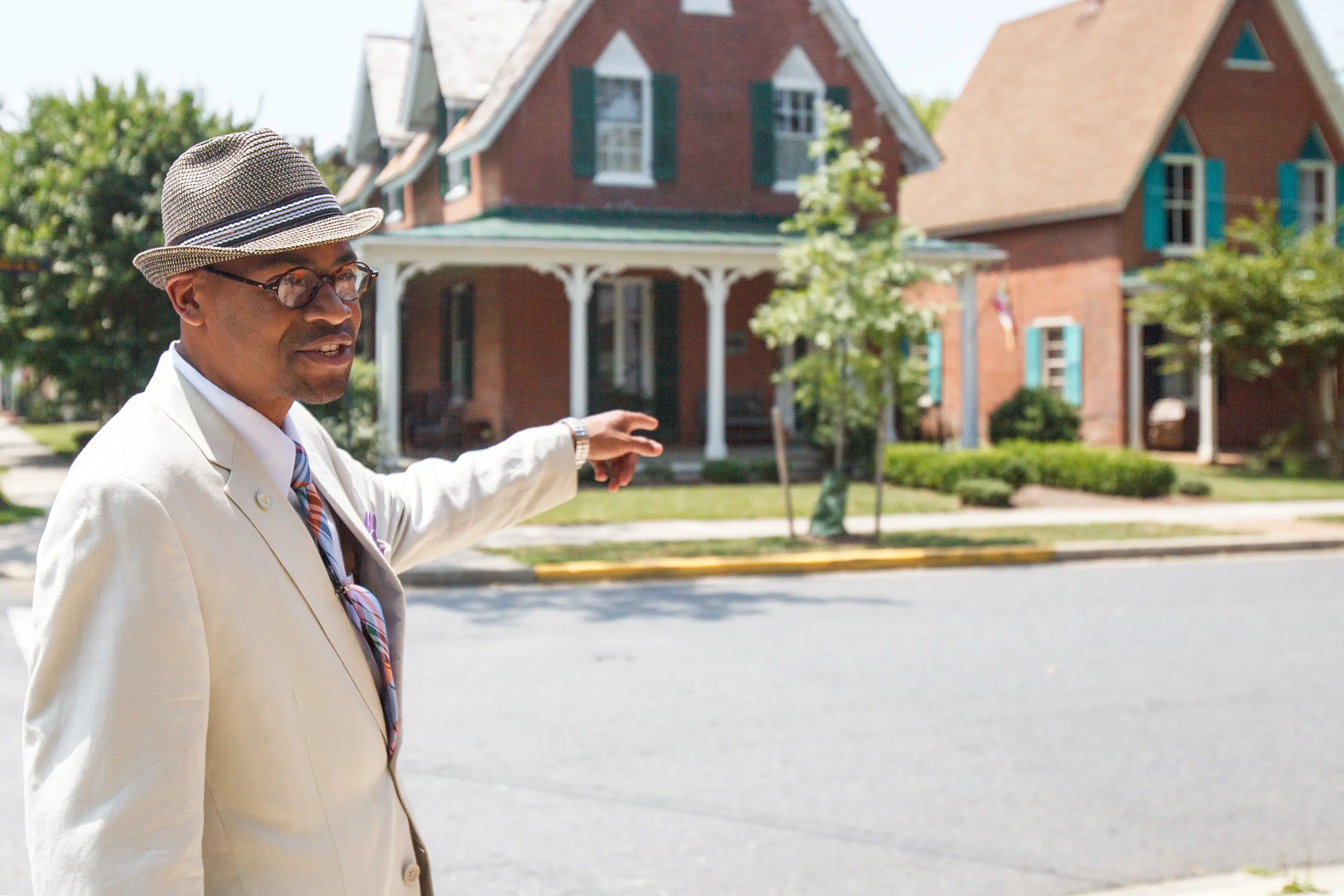The Hill: A Historic Free Black Community
A Living Legacy
in the Heart
of Easton
The Hill is one of the nation’s earliest free Black neighborhoods, founded by African American families who built lives, faith, and traditions here. Today, its story remains an enduring symbol of community and endurance.
-
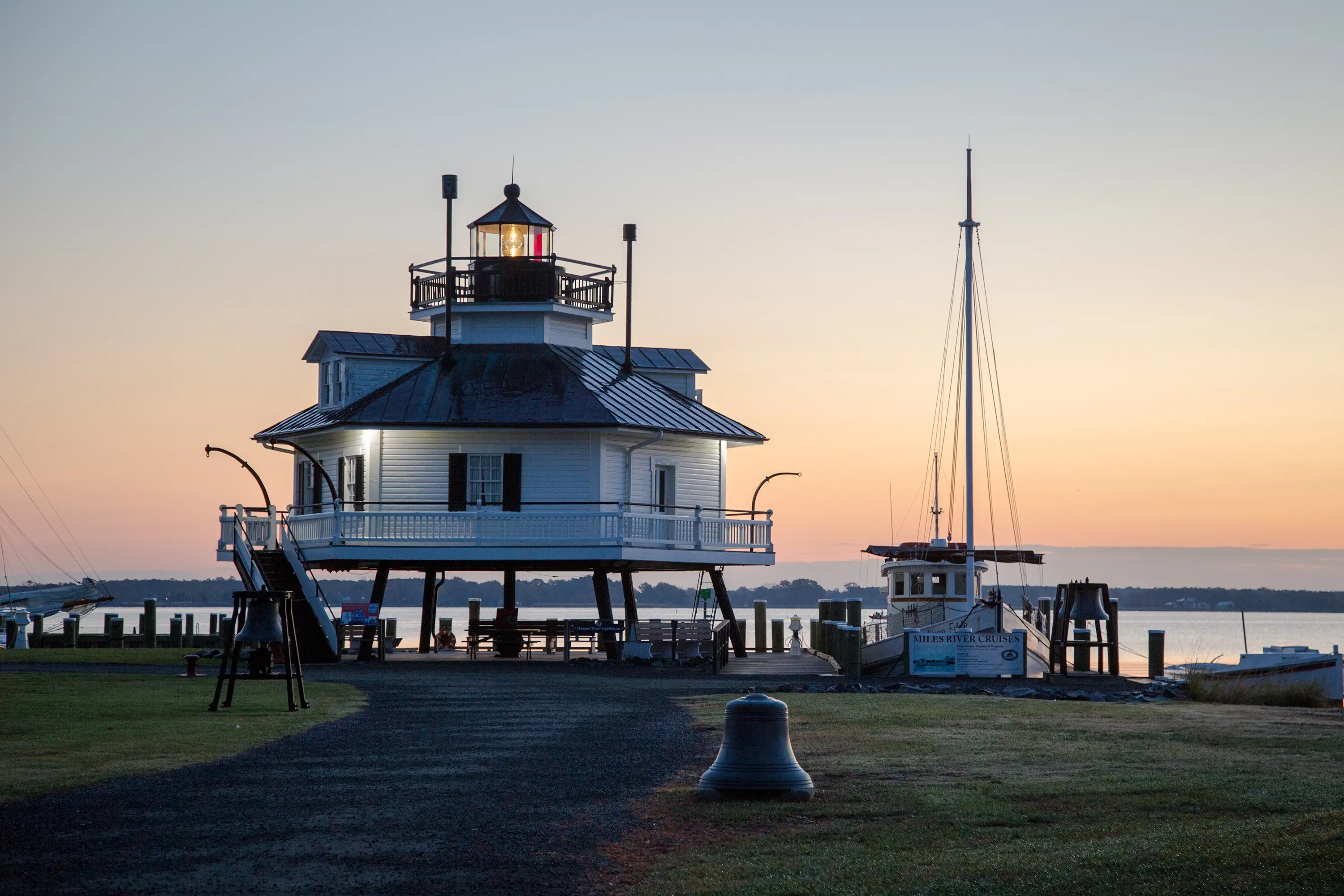
Stories Preserved – Exploring the Museums of Talbot County
Read more: Stories Preserved – Exploring the Museums of Talbot County -
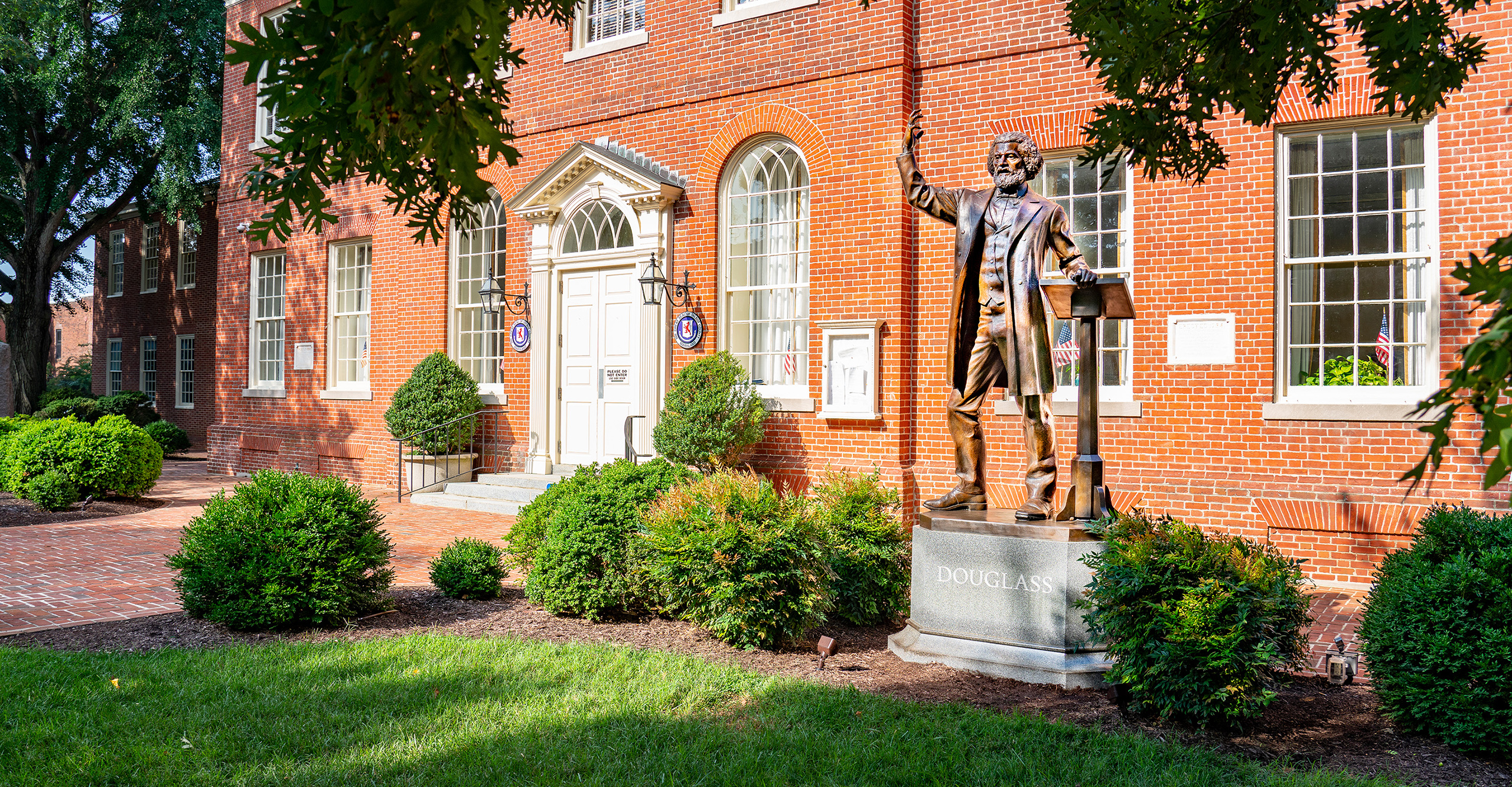
Celebrate Black History Year Round
Read more: Celebrate Black History Year Round
The Hill was established in the late 1700s, during a time when freedom was uncertain and opportunities were scarce for African Americans. Yet within these streets, a remarkable story began to unfold.
Here, Black families—both free and formerly enslaved—purchased land, built homes, and established churches that would anchor generations. The neighborhood became a place of strength and belonging, offering opportunities for family life, worship, and education long before emancipation.
While much of the nation still relied on enslaved labor, this community was creating its own institutions—schools, congregations, and businesses—with dignity and determination. Over time, The Hill became a beacon of freedom and resilience, a living testament to the will of African Americans to shape their own futures.
“The Hill” was named for the neighborhood’s gentle rise above the Tred Avon River. But the designation represented more than geography–it symbolized a community building upward, rooted in resilience, and with a vision for the generations to come.

Preserving the Past, Inspiring the Future
The Hill Community Project, together with partners and residents, continues to uncover and preserve this remarkable history. Archaeological digs, oral histories, and restoration work bring forward the stories of families who made The Hill their home. Visitors today can walk its streets, view preserved homes, and experience an enduring heritage that has shaped Easton for two and a half centuries.
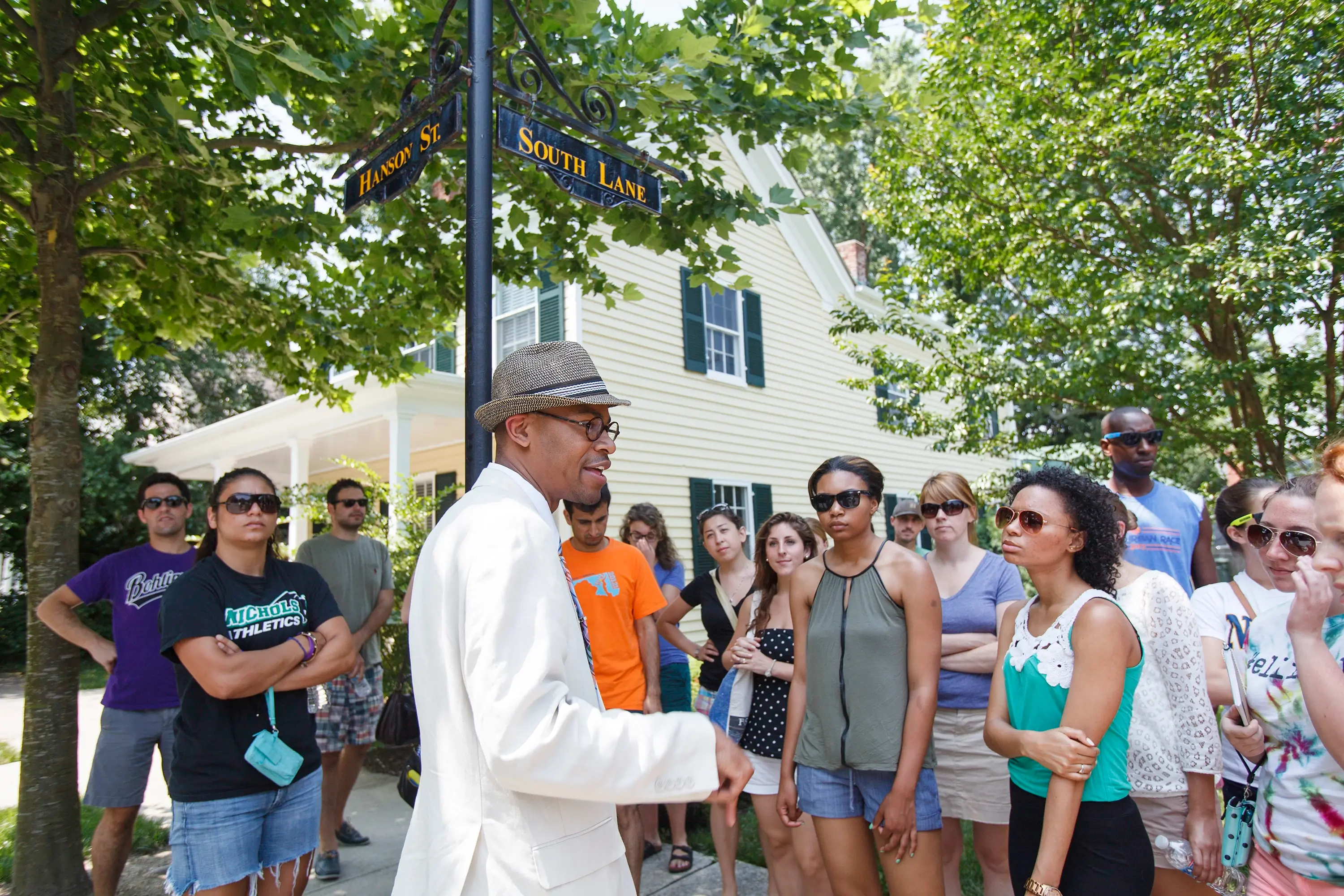
A Living Community
The Hill is more than a site to study or a place to visit. It remains a vibrant neighborhood where history is lived every day. Families continue to call it home, and annual events, community gatherings, and educational programs keep its legacy alive. Exploring The Hill is an invitation to reflect on the past, honor the perseverance of its founders, and connect with a story that continues to shape Talbot County and the nation.
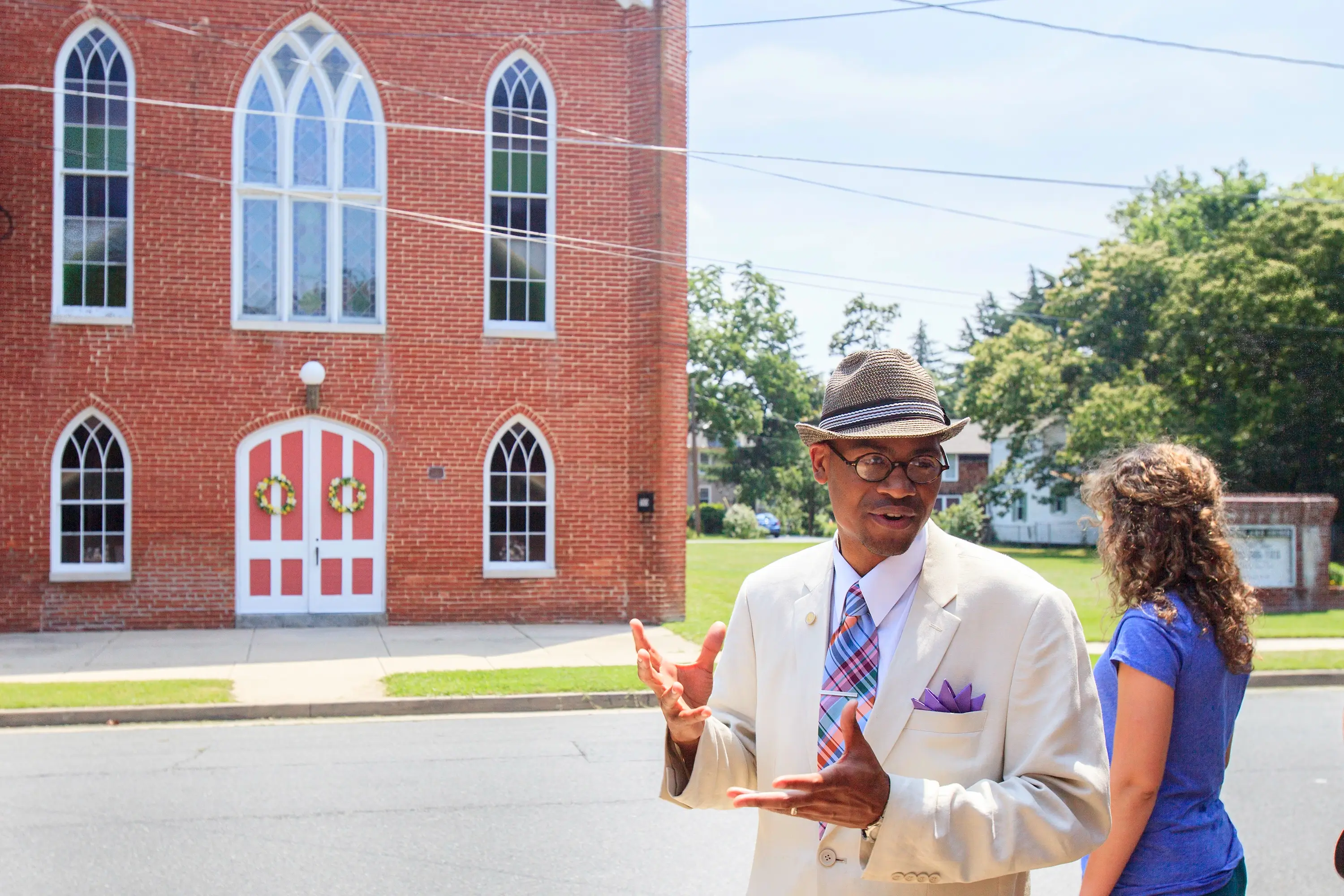
Places of Meaning
These places are open to all who wish to learn, reflect, or simply walk in the footsteps of history. Whether on your own or with a guide, they offer connection to The Hill’s past and present, and are welcoming to visitors.*
- Asbury United Methodist Church (1818): Among the oldest African American Methodist congregations in the United States, still active today. Dedicated by Frederick Douglass in 1878.
- Bethel AME Church (1818): A cornerstone of community life and worship, also dedicated by Douglass in 1878, and continuing to serve Easton’s Black community today.
- The Hill Houses: Modest 18th- and 19th-century homes—some still occupied by descendants—being preserved to honor generations of resilience.
- Civil War & Buffalo Soldier Home: Built by a Civil War veteran and later home to a Buffalo Soldier, this residence represents service and citizenship in the years after emancipation.
- Neighborhood Markers & Walking Tour: Interpretive signage and a self-guided walking route highlight churches, homes, and historic sites, offering an accessible way to explore the neighborhood’s stories.
* Please check ahead for church service times or special tour dates.
Whether you visit for a few minutes or a few hours, The Hill is a vibrant reminder of the freedom and resistance of Black Americans.
